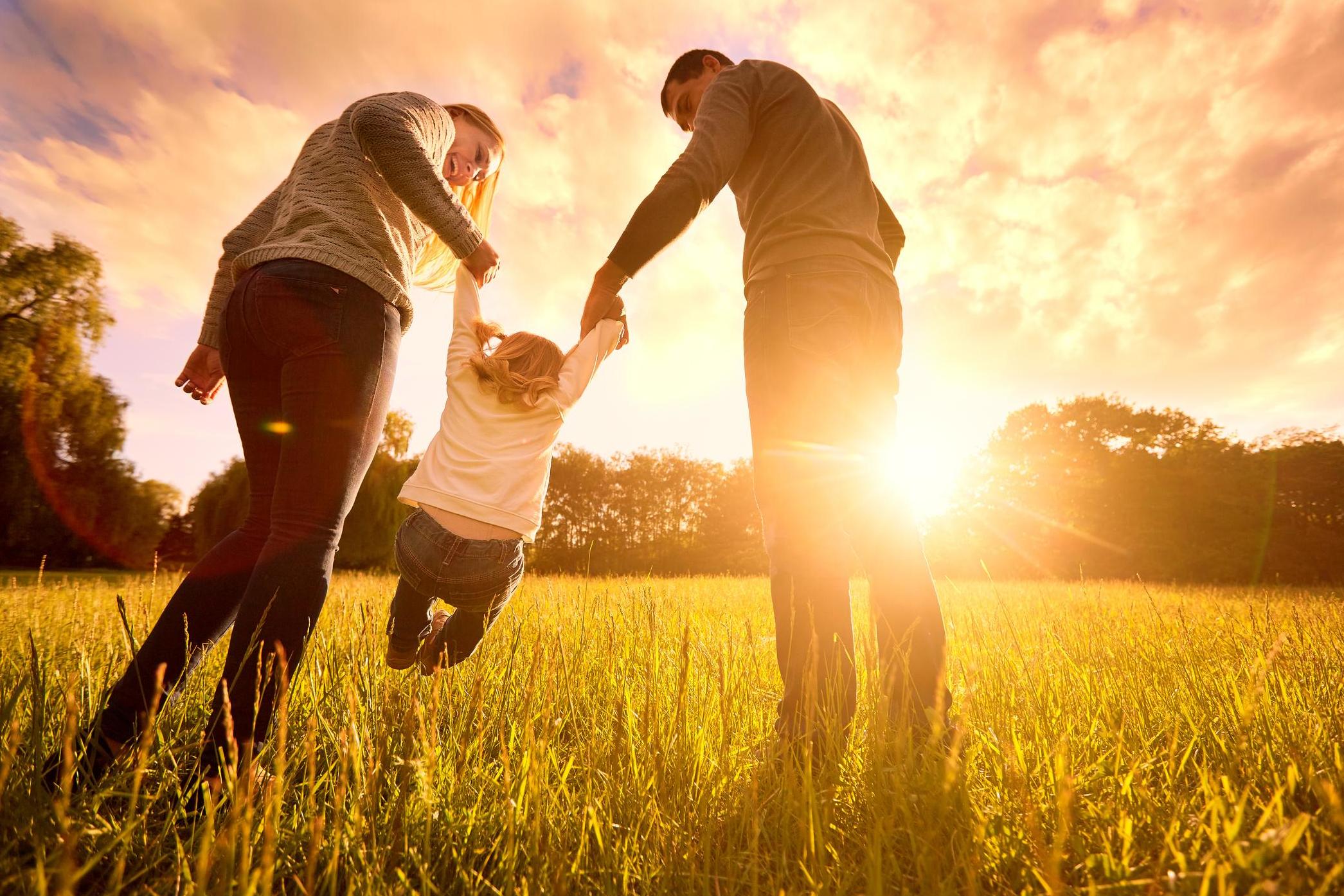9 times you should say no to your child to help them become successful adults, according to a child psychologist

Your support helps us to tell the story
From reproductive rights to climate change to Big Tech, The Independent is on the ground when the story is developing. Whether it's investigating the financials of Elon Musk's pro-Trump PAC or producing our latest documentary, 'The A Word', which shines a light on the American women fighting for reproductive rights, we know how important it is to parse out the facts from the messaging.
At such a critical moment in US history, we need reporters on the ground. Your donation allows us to keep sending journalists to speak to both sides of the story.
The Independent is trusted by Americans across the entire political spectrum. And unlike many other quality news outlets, we choose not to lock Americans out of our reporting and analysis with paywalls. We believe quality journalism should be available to everyone, paid for by those who can afford it.
Your support makes all the difference.Parents say no a lot. It's a reflex response, and often instinctual. For a child, hearing the word no too often does have a lasting effect on them.
According to child psychologist Laura Markham, author of "Peaceful Parent, Happy Kids" and founder of the lifesaving website Aha! Parenting, saying no to kids makes them think inside the box. "The child shuts down," she says, "They feel their initiatives are shut down."
As a parent, I want to say yes to my son all the time. Even when I need to say no, I try my damndest to give him some kind of affirmation. But hearing the word no is important, too. According to Dr Markham, saying no to your child helps with setting boundaries and limits, which aid in their development — emotionally, physically and mentally. Never saying it, Dr Markham says, can leave children ill-equipped to deal with the real world.
Below, Dr Markham shares nine times you should always say no to your child.
1. In a parking lot
Kids are too short to be seen by the cars driving around parking lots. "They can be killed," says Dr Markham. "That's not something you mess with."
You must tell children to hold your hand in the parking lot "no matter what," or if you trust that your child will hold on to your stroller or bag or belt loop that's fine, too. Be transparent, yet empathic, Dr Markham says: "You don't run in the parking lot away from me, you stay next to me. You can die."
2. If your kid is hurting others

Toddlers don't understand if they're hurting the dog or cat, but if they are, it's a situation worthy of a definite no. Dr Markham suggests to show compassion. "Say, 'Poor kitty, poor doggy. Be nice to the kitty,'" she recommends.
3. If they're witnessing or taking part in bullying
This one tests a child's inner radar. "If someone is being mean to another kid — even if the person who's being mean is a good friend of yours and the other kid is someone you don't really know or even like — you do not join in making someone feel bad," Dr Markham instructs parents to tell their kids.
4. If your kid is destroying personal property

"You don't go into your brother's room and tear up his things because you're mad at him," Dr Markham tells parents to tell their kids. "Personal property needs to be respected."
5. If your kid is undressing in public
In our society, being nude in public is not OK after a certain age, says Dr Markham, who says four years old is the limit. "Bodies are wonderful — they're strong, beautiful and special — but some parts are private and you don't share them with everybody," she says.
6. If they're misbehaving in a restaurant
If the kids can't follow the rules of the establishment they're in, you shouldn't bring them. "The truth is kids are going to get stepped on, or get in the way of the waiter, or trip somebody," Dr Markham says. The other diners have a right to have a quiet dinner, so if kids are misbehaving, parents should firmly tell them to stop.
7. On airplanes
Airlines have certain rules and regulations that must be followed, regardless of age. Kids "can't kick the seat in from of them, can't put the tray table up and down, up and down which could easily bother the person in the seat next to him, can't be loud on the airplane," Dr Markham says. "It's a communal space."
Being confined to an airplane seat for a long time takes its toll on anyone, so Dr Markham does recommend walking around the cabin with your "in-flight entertainment."
8. When you teach them about strangers
The stranger thing is a bit tricky, says Dr Markham, since we're always talking to strangers as adults and kids need to know there are safe strangers. "Most adults are trustworthy," she says. What's more applicable here is if a child is alone without a trusted adult.
Children need to be told that they should "never under any circumstances go with someone they don't know" or with any adult the parent hasn't given them express permission to be with.
9. When your kid makes plans with a friend

A rule in Dr Markham's family was that you couldn't break an agreement you made to spend time with someone just because you got a better offer. "It's consideration for the other person," she says.
For example, Dr Markham says, say you made plans with a friend after school, and another friend says, "Come with us, we're going to get ice cream," and that's what you really want to do. In that case, you can't tell the first friend that you're not going to get together with them. "You can ask if your friend can come, too, but you're not going to break the date with the first kid," Dr Markham says.
• How much the best paid workers in 20 professions earn
• Seven outdated men’s style ‘rules’ that you can now ignore
• 16 skills that are hard to learn but will pay off forever
Read the original article on Business Insider UK. © 2016. Follow Business Insider UK on Twitter.
Join our commenting forum
Join thought-provoking conversations, follow other Independent readers and see their replies
Comments